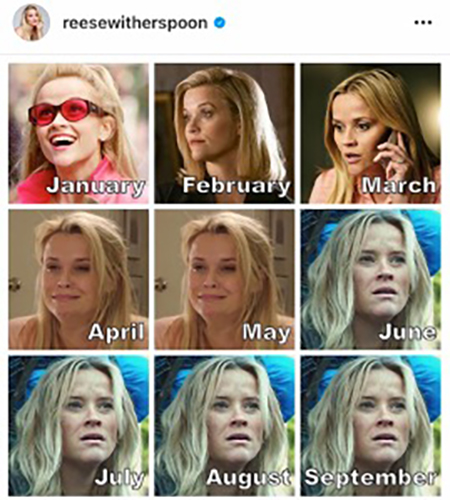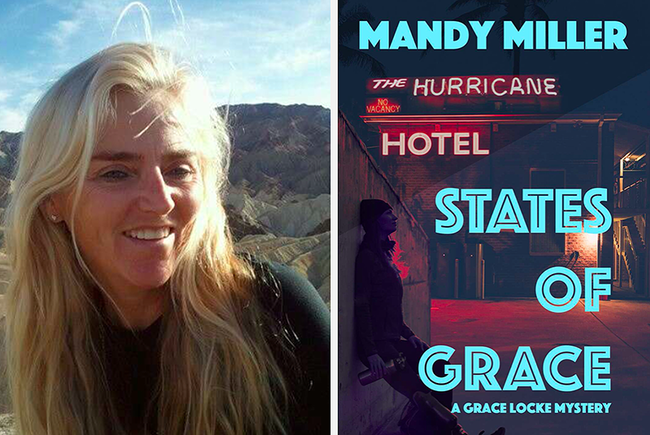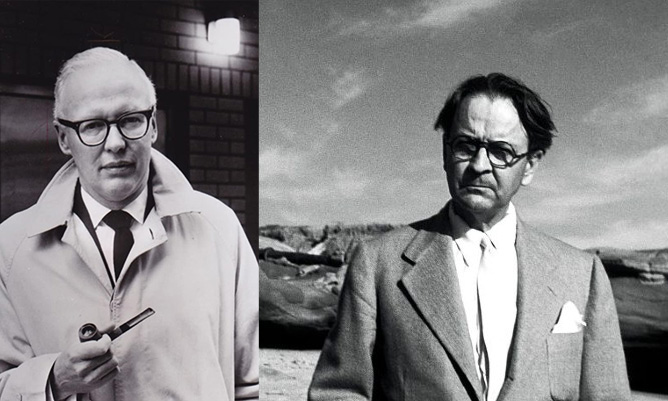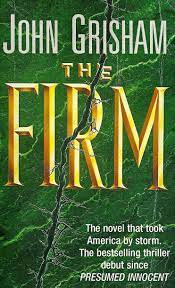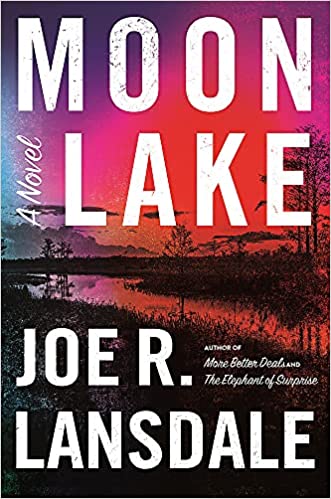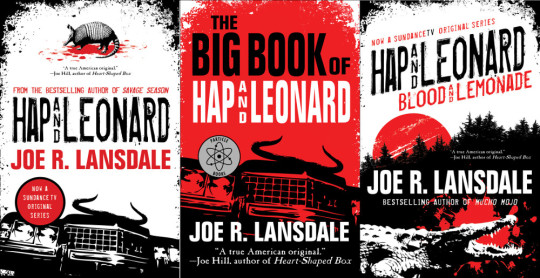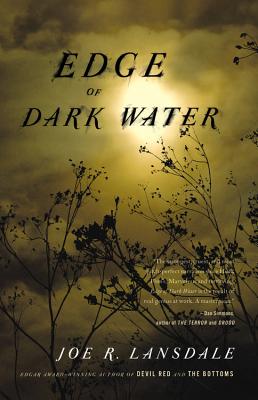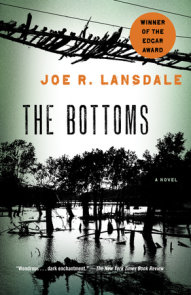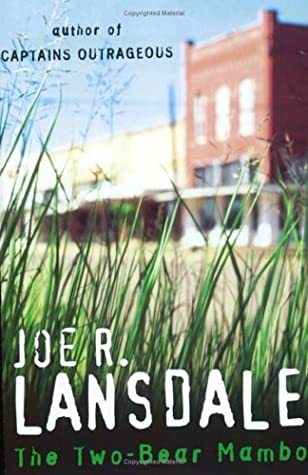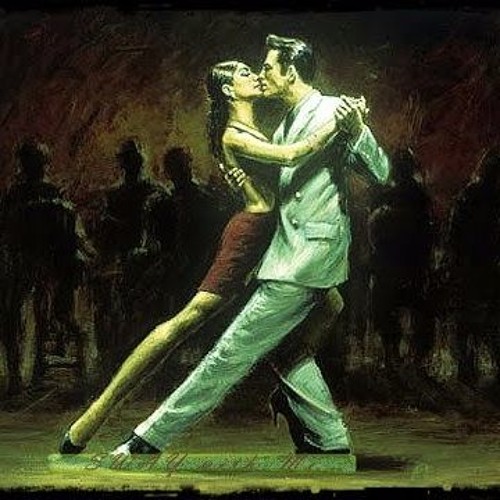A sneak peek at Luke 3
 Sunday, October 10, 2021 at 10:06AM
Sunday, October 10, 2021 at 10:06AM 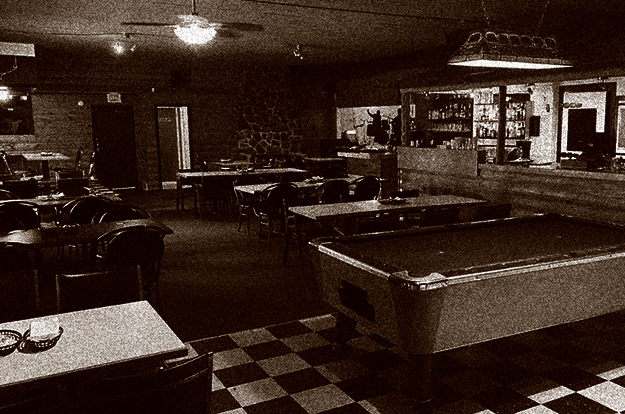
The brown strips of panelling made the room look more like someone’s basement drinking room than a bar. On entering, he’d expected to see a Lazy Boy and a plaid ottoman shoved in the corner— instead, worn out tables were filled with circle fossils as memories of beers gone past. A jukebox sat sentinel-like in the corner, but it must have stopped working, as a ghetto blaster played the local yokel station with a too loud DJ interrupted by ads for tractors and other farm equipment. The radio played that new country shit, sung by pretty boys with perms who had never seen either end of a horse.
A half-dozen patrons were scattered in pairs around the room. The bartender had to be shook out of the baseball game that played on the soundless TV to fill a drink order for his sole beer slinger. She looked barely drinking age herself.
Driving into town, if that’s what it could be called, he’d wondered who would ever live in a place like this. The woman that made him drive a thousand miles came from here—but why in the hell did she return? She told him about the town before she left—talked about the bar that he now sat in waiting for a man she told him to meet.
She said the bar would be filled with the usual men in from the field drinking a few rounds of Pilsner and rye and waters, but gone by ten, and in bed fifteen minutes later. Ever damn one of them wore a hat, in various stages of decomposition, a combination of heavy equipment dealers, drilling rigs, and hockey teams. One of the younger ones was wearing a Red Wings number—it was his team way back when he lived in that shithole called Dee-troit.
Walking in he knew being the only one in the joint wearing a suit jacket meant he stood out like a turd on the dance floor. Not that he gave a single shit. The Pilsner drinkers gave him a once over, but went back to ignoring him as soon as he sat down. He told the girl beer-slinger he was waiting for someone and just wanted an ice water.
“Water, that it? Nothing in it?”
“Ice.”
She shrugged and walked back to the bar.
Walking in he knew being the only one in the joint wearing a suit jacket meant he stood out like a turd on the dance floor.
A man walked in, his look told him he was the one he was supposed to meet. He didn’t have the layer of dust like the others, and he didn’t wear a hat. Now there were two in the bar with suit jackets, him in his black suit, and the new guy had a brown tweed job with a white shirt that was the brightest thing in the room.
The tweed wearer sat down at the table, scraped the chair hard on the floor, which made someone mutter son-of-a-bitch. The bartender roused his head from the seventh-inning and then brought a couple of Pilsners to the table.
“I never ordered one,” the black-suited one said.
The bartender popped the caps and slid both beers in front of the tweed man, who took one, leaned back and poured the entire contents down his throat. He belched, and wiped his face with the back of his hand.
“I’m Taylor. Whattya got for me?”
“Got for you? I ain’t got shit.”
“Huh? Then why the meet?” he ran a finger over the rim of the second Pilsner.
“Look, you wanna play whose got the bigger dick, then go fuck yourself.”
The one called Taylor leaned back, sucked something through his teeth. The black-suited man adjusted his sleeve collars.
“Vodka?” Taylor pointed at the other’s glass.
“Ice water.”
“You don’t drink?”
“Listen, someone told me come to this shithole to talk about a job that needed doing. Bad enough I had to drive here listening to whining country music, but if I have sit in this dump listening to the greatest hits of Johnny who-gives-a-fuck, I'm gonna get pissed. Cut to it. Tell me the job so I can do it and go back to civilization.”
“You don’t like country?” Tweed-man asked.
Black-suited man drained his ice water and raised his hand to the girl.
“Refill.”
She pointed at the sink at the bar.
“Help yerself. We got a whole tap full of it.”
If I have sit in this dump listening to the greatest hits of Johnny who-gives-a-fuck, I'm gonna get pissed.
The black-suited man stood, the other taken back by his height and breadth, as were the hat-wearers when he’d first entered. He filled his glass, took a scoop of ice from behind the bar, and just for the hell of it a lemon slice.
Back at the table he stared the man down.
“I’m thinking you’re not the guy I should be talking to.”
“Why would you say that?” Taylor asked.
“For starters, you’re not the brightest turnip on the prairie. You come into a public place where you’re obviously a regular, to meet a guy like me to talk about a job that ain’t even close to legal. These yokels sure as hell know you and could identify me if needed.”
Taylor took a slug from his second beer, and took a glance around the room.
“You’re not from around here,” Taylor said.
“What was your first clue numbnuts?”
“Y'know there’s some local fellas we could make the same deal.” Taylor lifted his beer again, and drained it like he did the first.
“Who gives a shit?” Black-suit guy asked.
“Ok, so I’m saying fuck you and the horse you rode in on.”
As Taylor began to stand, the black-suited man shot out his hand and grabbed his wrist hard.
“Ow, let go you—“
He twisted harder, looking up he caught first the bartender’s eye, and then the beer slinger. He figured his look was enough. The bartender went over and turned up the sound on the game.
Gonna be a barn burner this afternoon, Gomez has loaded the bases and the Brewer’s clean up man is stepping into the box.
Taylor’s hand was turning purple.
“Sit the fuck down before I pop you one.” The black-suited man’s voice was flat, even.
“I—“
“Down.”
Taylor slid into the chair.
The game sound fought the latest tune about someone’s dead dog. The beer slinger flipped the ghetto blaster off.
“Now you listen numbnuts, I’ve been in this stupid ass state for—“
“Province, we don’t have states here,” Taylor said.
The black-suited man still had a hold of his wrist and he twisted again.
“You think I don’t know geography? I don’t need some maple-syrup sucking asshat to tell me where I’m at or how to do my business.”
He let go of the wrist. Taylor rubbed the reddened skin.
“You didn’t need to do that,” Taylor said. “You haven’t even told me your name.”
“What does that have to do with anything?”
“You can’t expect me to do business with someone who I don’t even know their name.” Taylor said.
“Fine. Call me Harold,” the black-suited man said.
“Is that your real name?”
“Oh fer shit’s sake. I’m done.”
It was the black-suited man’s turn to stand up.
“We haven’t even talked about it,” Taylor called over.
Harold kept walking, the dumbass wind chimes sounded behind him. In the parking lot, next to his green Ford, a white sedan was parked. Something didn’t look right about it, out of place, but he couldn’t put his finger on it. Getting into his car it hit him. She said the guy who'd meet him drove a navy blue sedan. So who was this joker in tweed?
In the rearview, he saw Taylor exit the bar straightening his tweed jacket. No, wait, he wasn’t straightening it, he was dipping his hand into the inside.
“Sneaky bastard.”
Harold hit the seat of the Ford and laid out flat as the rear window of the car disappeared. He reached under his body, and eased his Glock outta of its shoulder holster. Another shot through the shattered back window hit the inside of the windshield and spidered the glass. He weighed the options of popping up and taking out the guy, but the tweed asshole might nail him like one of those dolls in a carnival game. An opportunity presented itself as the dumbass decided to peer in the driver’s side window to see what he'd hit. Harold squeezed off a shot that caught him square between the eyes.
He weighed the options of popping up and taking out the guy, but the tweed asshole might nail him like one of those dolls in a carnival game.
Harold banged the door, it opened halfway, knocking against the very dead tweed-jacketed man. He let out a sigh, slid his huge frame across to the passenger side.
A few of the bar patrons were now in the parking lot playing a game of whose mouth could be opened wider.
“Get back in there you stubble-jumping-rednecks.” Harold pointed the Glock at the group.
All but one scampered back in the bar.
“You can’t come into our town and shoot the hell out of things.”
Harold lowered his Glock.
“You know that guy?” Harold nodded to Taylor laid out next to his Ford.
“No sir, I do not. But I’m gonna let the Mounties figure it out. They got called as soon as we heard the shots.”
“Mounties like those goofballs in red underwear on horses?”
“That’s not underwear. And they only wear those on special occasions. I’m talking the RCMP, they got an office just up the road in Rouleaux” The man took a step forward. “I figured you for a Yank. Your accent gives it away.”
“A Yank? What in the fuck century is this?” Harold raised the Glock again and squeezed off a shot at the outside wall of the bar.
The man jumped. Harold pivoted the gun and pointed it at the stubble jumper’s head.
“Well, whattya say? Should we make it easier on those Mounties? Two dead bodies in a parking lot means a lot less searching.”
“Go easy now. I can identify you, ya know.”
“Oh right. Thanks for reminding me.”
Harold hit him in the exact same spot as the tweed guy.
>>>
Thanks for reading! If you liked this, and of course recognized our old pal Mostly Harold from Surf City Acid Drop, but haven't picked up the second the in series, Manistique.
Well, you know what to do :)



